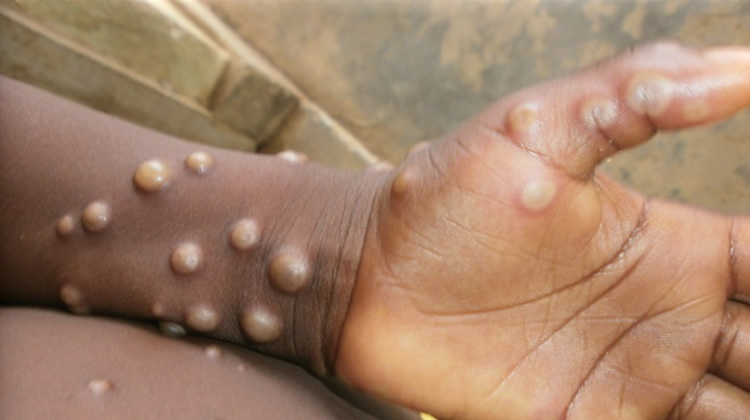By Ayomide Otitoju
The Africa Centres for Disease Control and Prevention (Africa CDC) and the World Health Organization (WHO) have revised their joint Continental Response Plan for mpox, amid the continued spread of the viral disease across new regions in Africa and beyond.
The updated strategy aims to intensify outbreak control efforts, expand vaccination coverage, and lay the groundwork for a long-term, sustainable response. The revision follows the ongoing spread of the clade Ib variant of mpox, which has extended beyond the Democratic Republic of the Congo (DRC) to 11 countries in Africa and 28 countries globally, as of early 2025.
Mpox is a viral illness transmitted mainly through close personal contact. It causes painful skin and mucosal lesions, fever, swollen lymph nodes, and fatigue. Originally a zoonotic disease, mpox has increasingly demonstrated sustained human-to-human transmission, especially through sexual networks and household contact.
A newer strain of the virus, clade Ib, emerged in late 2023 and spread rapidly across multiple African countries, prompting Africa CDC to declare a Public Health Emergency of Continental Security. WHO also declared a Public Health Emergency of International Concern in August 2024.
The DRC remains the epicentre of the outbreak, with confirmed local transmission also recorded in Burundi, Kenya, Rwanda, Uganda, South Africa, South Sudan, Tanzania, Zambia, and the Republic of the Congo. While cases outside Africa are mainly travel-associated, intra-continental transmission is on the rise.
The Africa CDC-WHO joint plan has driven a coordinated response across ten critical pillars: coordination, risk communication, community engagement, surveillance, laboratory capacity, clinical management, infection prevention, vaccination, logistics, research, and the continuation of essential health services.
Vaccination efforts have scaled up significantly, with over 650,000 doses administered in six countries—90% of them in the DRC. In total, more than one million doses have been delivered to 10 countries, with further procurement ongoing.
Diagnostic testing has also expanded substantially in the DRC, where laboratory capacity grew from just two facilities in 2023 to 23 labs across 12 provinces. New near-point-of-care tests are currently being deployed to further strengthen early detection and response.
Despite progress, major challenges persist. Conflict and insecurity in eastern DRC, where mpox prevalence remains high, continue to hamper public health operations. Humanitarian funding cuts have also restricted access to critical services. An estimated US$220 million is still required to close funding gaps across the response.
The revised plan calls for accelerated action to contain current outbreaks and integrate mpox surveillance and treatment into routine healthcare delivery. It aligns closely with WHO’s updated global strategy aimed at halting human-to-human transmission where possible.
In the first two months of 2025 alone, 60 countries have reported mpox cases, with the majority of infections and deaths occurring in Africa.
Africa CDC and WHO reaffirmed their commitment to working with national governments, local communities, and international partners to curb transmission, control outbreaks, and strengthen the resilience of Africa’s public health systems.










